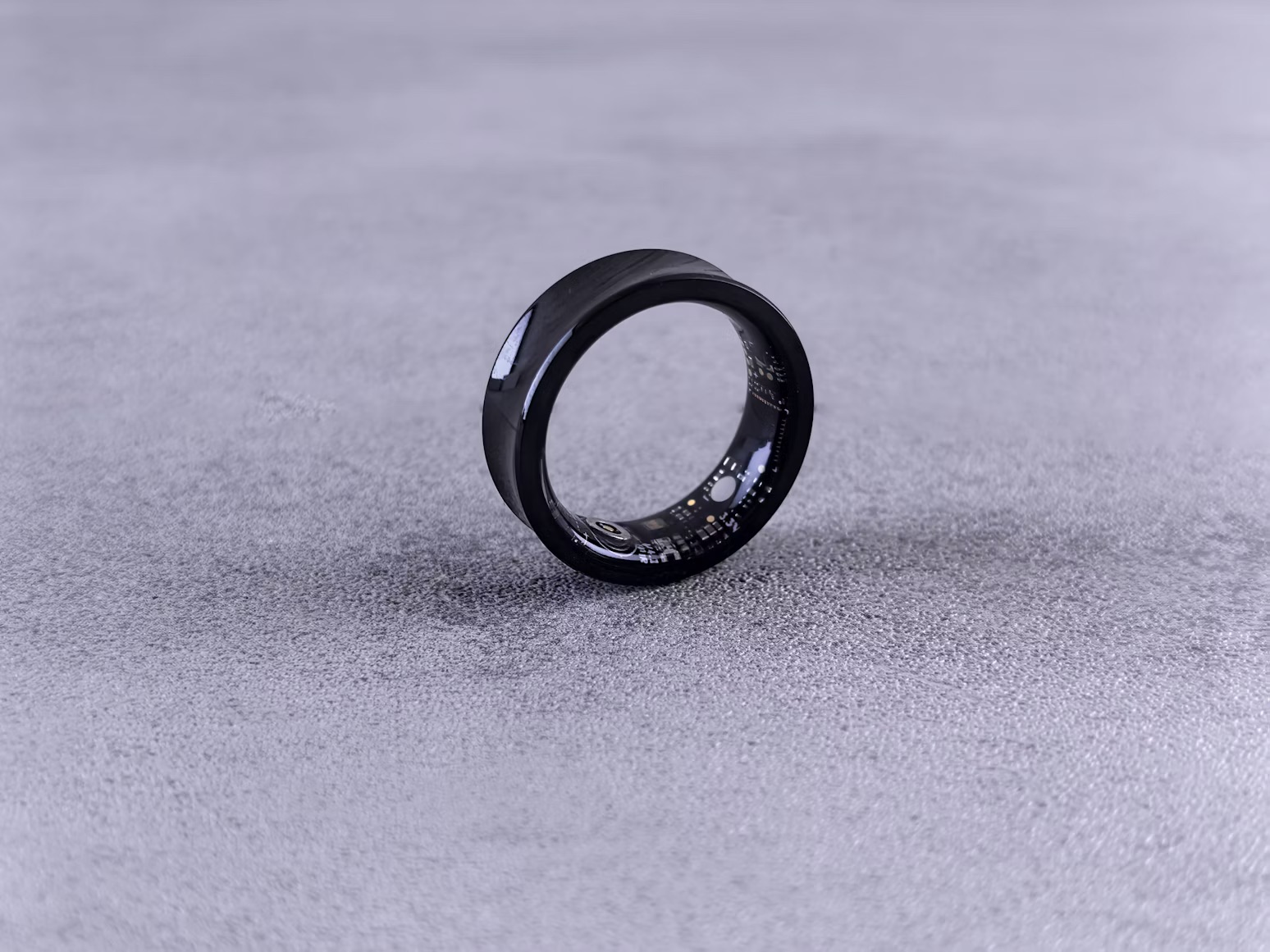
Finnish health tech company Oura has secured over $900 million in fresh funding, led by Fidelity Management & Research Company, with new investor ICONIQ and contributions from Whale Rock and Atreides. The company announced today that this investment round values it at “approximately $11 billion,” a figure that is more than double the valuation it received for its last funding round in December.
Explosive Growth and Strategy
The smart ring maker has experienced explosive growth, selling over 5.5 million smart rings since its launch, with more than half of those sales occurring in the past year alone. The company more than doubled its revenue in 2024, reporting $500 million, and it expects that strong trend to continue this year, with sales projected to surpass $1 billion. According to a report published last year by IDC, Oura holds more than 80% of the smart ring market. The company is also expanding its demographic appeal, with its chief commercial officer, Dorothy Kilroy, recently stating that women in their early twenties are rapidly becoming a core market.
CEO Tom Hale confirmed that the new funding will be directed toward AI and production innovation, the introduction of new health features, and the expansion of its global distribution network, stating, “We’re proud to be building not just a product, but a global movement toward proactive health.”
Venturing Into Medical Testing
Beyond its core hardware, Oura is expanding its software platform into medical services. This month, Oura launched a new feature called Health Panels in its app, which allows U.S. users to book a blood test for $99 at one of 2,000 Quest Diagnostics’ labs across the country. While Oura does not provide medical advice, the feature allows users to view the lab report directly in the app and chat with the company’s AI bot for general suggestions about the results. This move immediately pits Oura against rivals like the smart ring maker Ultrahuman and the wearable company Whoop, which launched a similar feature this month, as well as new ring makers like Samsung. Earlier this month, Oura also launched new ceramic versions of its Oura ring 4 alongside an optional charging dock.
Author’s Opinion
Google’s expansion of its virtual try-on feature to include shoes—a notoriously difficult item to purchase online due to fit and style uncertainty—and its push into new global markets confirms that hyper-personalization is the next frontier in e-commerce. By merging generative AI with a user’s own image, Google is attacking the single largest pain point of online fashion: the high return rate caused by buyers being unable to visualize fit. This innovation successfully bridges the gap between the speed of online shopping and the confidence gained from an in-store fitting, which is necessary for Google to solidify its search engine as an indispensable shopping destination against rivals like Amazon.
Featured image credit: Andrey Matveev via Unsplash
For more stories like it, click the +Follow button at the top of this page to follow us.
